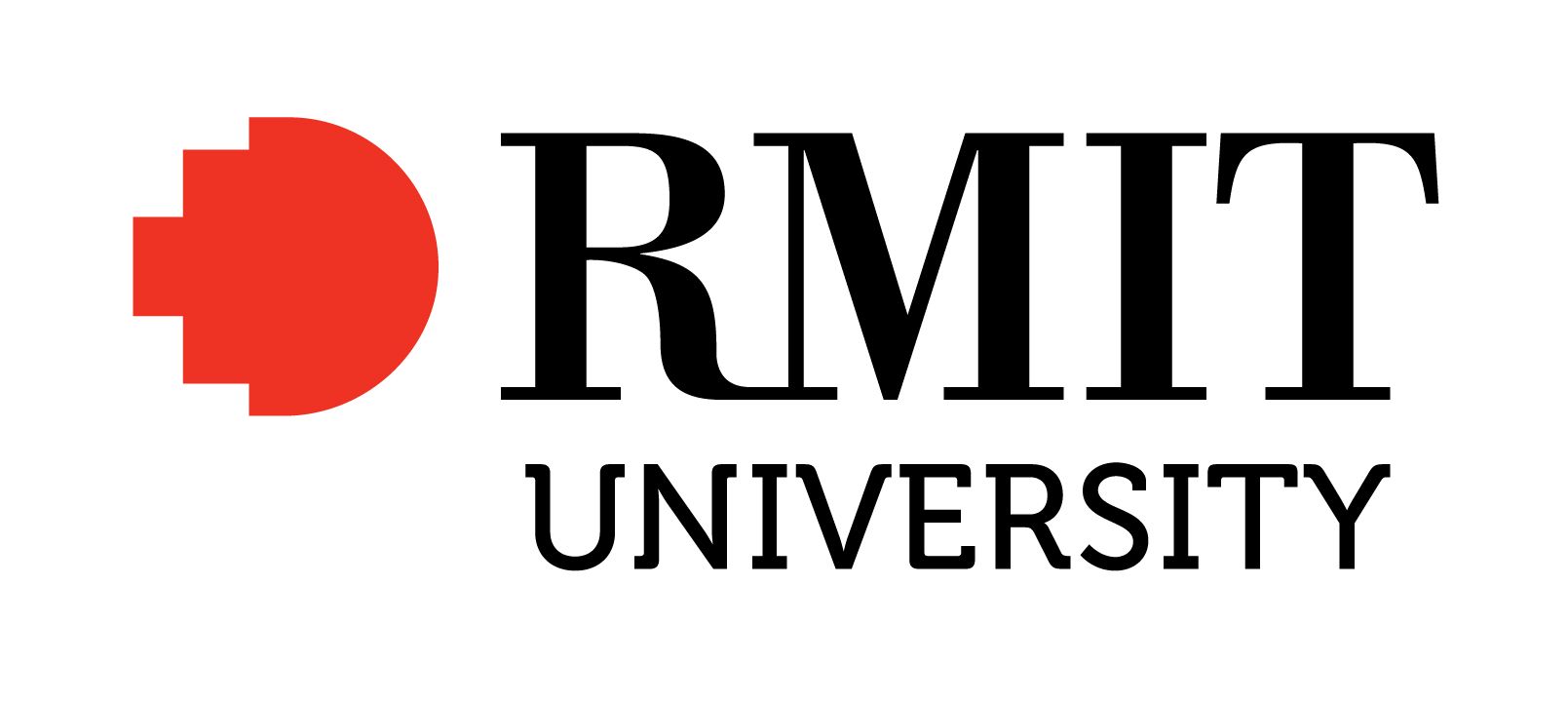Full description
This is the interview is the recording of episode 4 of the podcast, Seam Change, featuring Luke Phillips. You can also listen to the full episode wherever you find your podcasts.Luke Phillips is the designer behind modular bag brand Into Carry. Trained in industrial design, Luke started the brand in 2019, after tinkering around with bag designing for years, and it’s now grown to become his full-time job. Born out of a design to find a solution for waste, the bags have a recycled base material which gives them structural integrity. This is the canvas for a whole variety of textiles and waste streams, from Nursery Planter bags which make their green and black core designs, to limited ranges using denim and tartan storage bags from Upparel, to pieced offcuts in collaboration with Reborn by HoMie. Designed as a flat panel, the bags are snapped into shape with industrial press studs, meaning they can be opened up for cleaning when needed. All of their bag designs are modular, designed to interlock and fit with each other, so that you can mix it up to meet the needs for each day.
Listen in as we start by covering their work with Upparel, from the initial meeting and early discussions. Then we dive further into the details, talking about design development and finances, and how Luke has had those discussions with collaborators. We also talk about their work with REBORN by HoMie and what happens to the waste that Into Carry themselves produce. Finally, we talk values and what they get out of the collaboration, as well as where Luke sees the brand going in the future.
PhD Research Information:
This podcast is part of Julia English’s PhD research at RMIT University. This research project has had ethics approval through RMIT University (2021-24506-15223).
Contact Information:
Email: julia.english@student.rmit.edu.au
Instagram: _julia.english_
Credits:
Music by Frank Henry.
This PhD research is funded by an Australian Research Training Program Scholarship.
Transcripts:
See attached PDF and Text files for transcripts.
Issued: 2022-03-13
Created: 2022-03-09
User Contributed Tags
Login to tag this record with meaningful keywords to make it easier to discover
- DOI : 10.25439/RMT.19322270.V1



